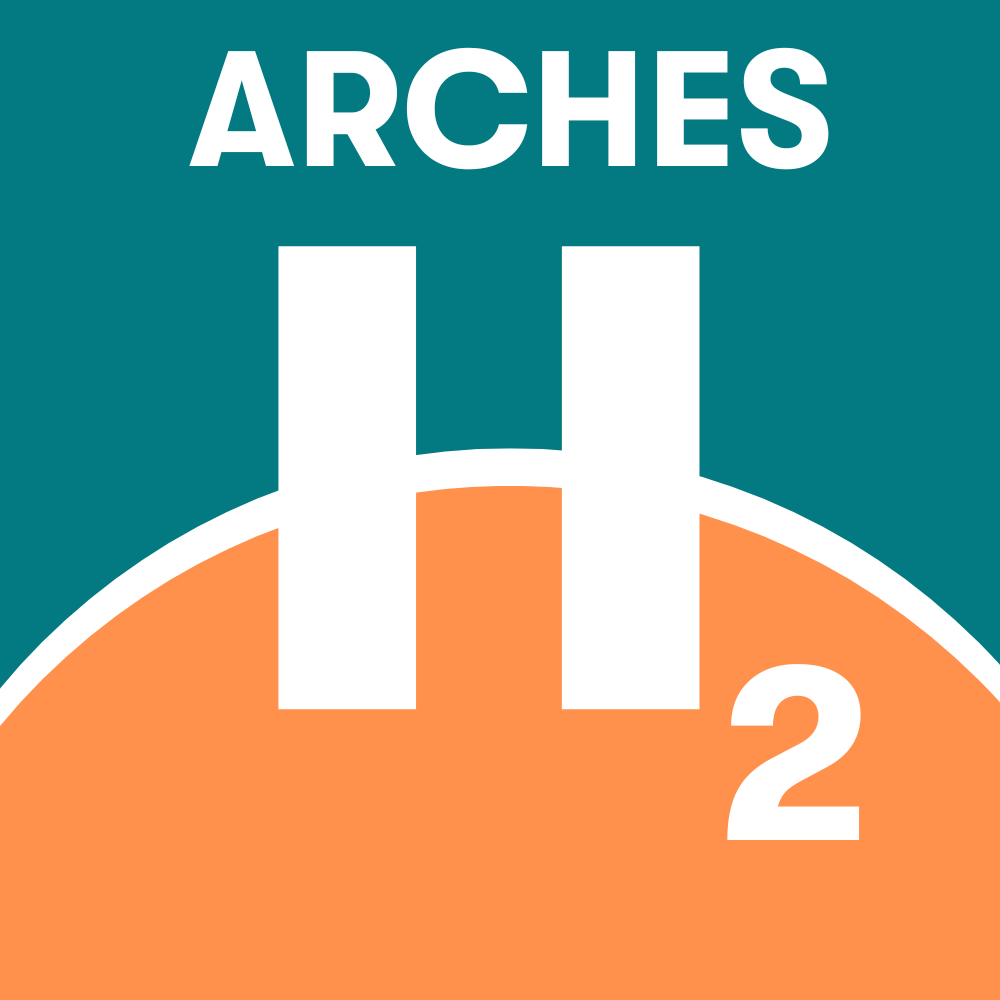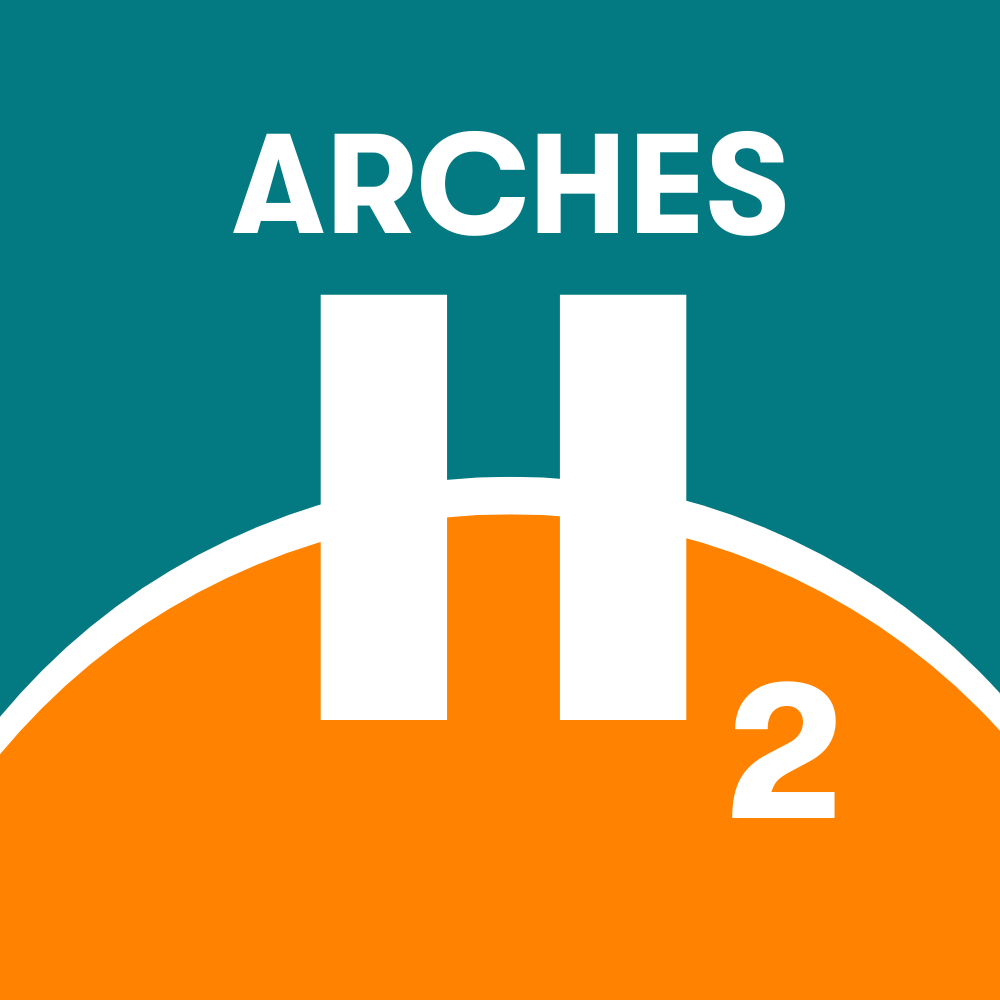By Brandon “Stix” Salaam-Bailey
PUBLISHED LA Sentinel, October 21, 2024

Representing often-overlooked communities is no easy task, especially when new technologies, infrastructure, and opportunities meant to move California toward a clean energy future are in diverse and historically under-resourced communities.
That’s why THINKWATTS Foundation, a nonprofit organization focused on providing resources and opportunities to the less inclined and less privileged, was thrilled to be included in an exciting project in our backyard.
In late 2023, we began collaborating with an exciting, new project aimed at empowering, protecting, and including disadvantaged and underrepresented communities in life-changing projects.
That project, the Alliance for Renewable Clean Hydrogen Energy Systems (ARCHES), a statewide public-private partnership designed to accelerate renewable hydrogen’s contribution to decarbonizing California’s economy, is set to bring significant opportunities to our community. Benefits like cleaner air, higher-paying jobs, and lower levels of cardiac and respiratory illness are just a few of the many ways that ARCHES seeks to disrupt the status quo and put underserved communities first.
ARCHES signed a $12.6B cooperative agreement, including $1.2B of federal funds, to build and expand clean energy infrastructure across California, with a requirement that a minimum of 40 percent of the benefits from ARCHES projects go toward California’s disadvantaged neighborhoods. This funding is a game changer for communities like ours, where big trucks, buses, trains, and ships have long contributed to the air pollution that harms our health. The hydrogen economy ARCHES is pioneering aims to reduce emissions in the very sectors that impact us most.
Educational institutions like El Camino College, Compton College, and LA Trade Tech are developing critical workforce training programs in hydrogen and fuel cell technology. These initiatives create pathways for diverse individuals to enter sectors previously out of reach. Once funded, these programs will prepare residents for family-sustaining careers as pipefitters, electricians, and plumbers—jobs that don’t require a college degree but offer competitive salaries and upward economic mobility.
Not only are economic and educational benefits accessible to those who are career-ready, but they are also inspiring the younger generation to get involved and contribute to the hydrogen ecosystem.
I was honored to wave the green flag, signaling the start of the race at the Hydrogen Grand Prix (H2GP) Series in Anaheim, sponsored by ARCHES, which had dozens of young student engineers participating in an annual car race with 100% fuel cell-powered remote-controlled cars that they designed, engineered, and built themselves.
Studies show that kids who are exposed to real-world examples of science, technology, engineering, mathematics, and art (STEAM) projects at a young age are more likely to pursue STEAM college majors or competitive, well-paying jobs. Public and Private partnerships like ARCHES serve as a green flag for our kids that the path to opportunity is open, ready, and theirs to pursue.
For too long, regions like ours have been left behind in the state’s transition away from traditional energy industries. But now, with the expansion of the hydrogen economy, new doors and educational opportunities are opening. Manufacturing, construction, maintenance, and technology development jobs are on the horizon, ready to be filled by the hardworking people in our community. This potential for economic growth is a reason for hope and optimism, and the best part is that people are curious and excited about what this means for themselves and their families.
With the Department of Energy and other agencies already committed to funding hydrogen projects, the onus is on everyone, including policymakers and community leaders, to seize this future-forward opportunity and ensure equity is at the forefront of decision-making and deployment of these resources. We’re excited to be a part of this journey.

